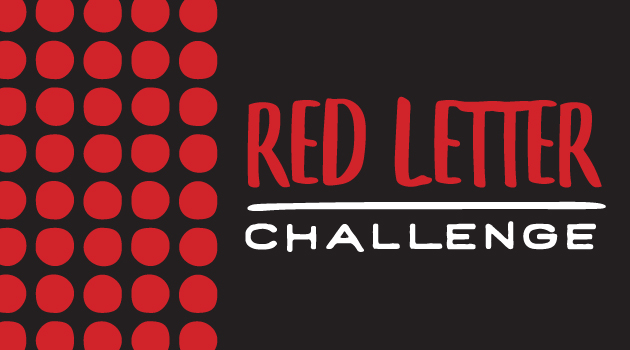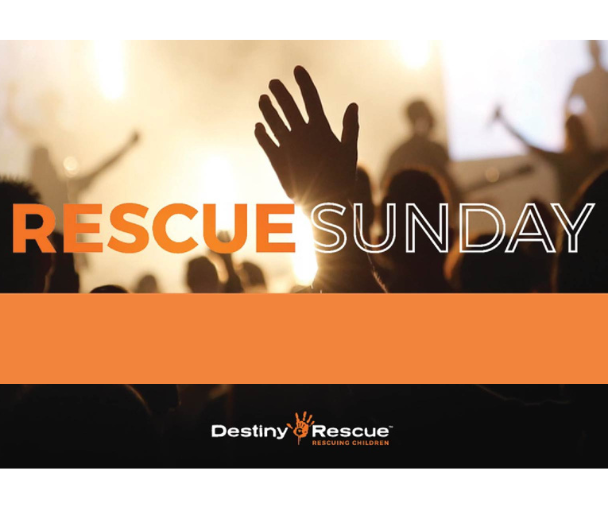Trust, by definition, is the firm belief in the reliability, truth, ability, or strength of someone or something. The Bible says that we are to:
“Trust in the Lord with all your heart, and do not lean on your own understanding. In all your ways acknowledge him and he will make straight your path.” – Proverbs 3:5-6
Trust can be very difficult for some people for a variety of reasons. Depending on our experiences and relationships, we can struggle with trust at times. If we have been hurt or let down by people, we may tend to take those experiences and feelings into our relationship with God. The problem with this is that, although we as humans are sinful by nature and will inevitably fall short and fail one another, God never will. He is perfect and without sin. He is wise and just. Furthermore, He is all-knowing. He always protects and perseveres.
We often misunderstand these attributes when we see them through our own broken sinfulness. At times, we may not trust God because we feel that we know better or that God does not have our best interests at heart. We may even believe the lie that a “no” from God is intended to ruin our fun rather than protect us.
I best understand God’s character and desire for me as I parent my own children.
Who Knows Better?
One fall day, several years ago, I had an experience with one of my children that really shaped our future parent-child relationship. It was one of those days that kept building, and then everything happened all at once. You know the days. I was arriving home from physical therapy and I was tired and in pain. My leg was in a locked brace, so I could not drive myself. My in-laws were helping me struggle my way up the front steps. I was met by an excited child who was asking me if he could go to a drive-in movie with a friend. As I stumbled through the doorway and made it over to the couch to elevate my throbbing leg, the last thing I wanted to do was make a decision and give permission.
The problem was that the movie he wanted to see was scary, and my instinct was to give him a firm “No.” We did not allow him to watch scary movies, for good reason. At the moment, he was not thinking about what he was really asking permission to do or the consequences of making a bad choice. He was blinded by the idea of having fun and being with his friend. The situation intensified as my phone chimed. I received a new text message from the mom of my child’s friend. It said, “I don’t mean to pressure you, but is it ok if we take (my child) with us to the movie? We are in your driveway.”
Sure, no pressure at all. I really did not want him to go to this movie because I knew it was not the best thing for him. Not only that, but I wanted to call my husband for backup on this unpopular opinion, but he was out of town and unavailable.
Giving In To Pressure
As my mind swirled, my knee throbbed and the anticipation of my excited kid was palpable. I felt like I was melting down. At that moment, I began to argue with myself. I’m always the fun killer. I say no a lot! Will it really hurt him to see one scary movie? The pressure to compromise was too much and I allowed him to go despite my strong instinct to not allow it.
He got home that night and it wasn’t long before the consequences of my mistake were evident. It started with vomiting from too much junk food and ended with a scared boy sleeping in my bed. The guilt and regret I felt was heavy. I knew what was good for him, and I chose to go against my instincts. Now he was suffering. I wished that I had been stronger, more firm, and more confident in my decision to say no. The thing is, I am older and wiser. I could see past the immediate appeal of fun to think about how he was too young to watch something scary. This lasted for several months. He was afraid to go to bed and to be alone. My husband and I had to comfort and reassure him often.
The experience wasn’t completely in vain, though. A few months down the road, my son wanted to do something that I did not approve of. When I gave him a no, his initial reaction was not great. He felt this was unfair and that I was just being a fun killer. Everyone else got to do it! I used this opportunity to remind him of the scary movie incident. I reminded him that I compromised, and we both lived to regret it.
Trust God Knows Better
Furthermore, I explained that he may not always like, agree with, or understand my answer. However, one thing that he could always trust was that I loved him very much and every decision I made was in his best interest. He hugged me and agreed to trust me, whether he liked it or not. I was overcome with a feeling that could only come from the Holy Spirit. It was an understanding that I could not fully explain. I somehow knew that God used this moment to show me how I needed to trust Him as my Father. I may not like His answer and may rarely understand it, but I can always trust that He loves me and will always protect me.
“Look at the proud one, His soul is not right within him, but the righteous will live by his faith in the true God.” – Habakkuk 2:4
Trust in a relationship means that you rely on another because you feel safe with them. So, you have confidence that they will not hurt you or betray you. Trust is the foundation of relationships because it allows you to be vulnerable without feeling the need to protect yourself.
This can be very hard and even scary if we are comparing our relationship with God to our human relationships. There is no guarantee that people can always be trusted.
However, God is perfect. He can always be trusted.
“As for God, his way is perfect: The Lord’s word is flawless; He shields all who take refuge in him.” – 2 Samuel 22:31










